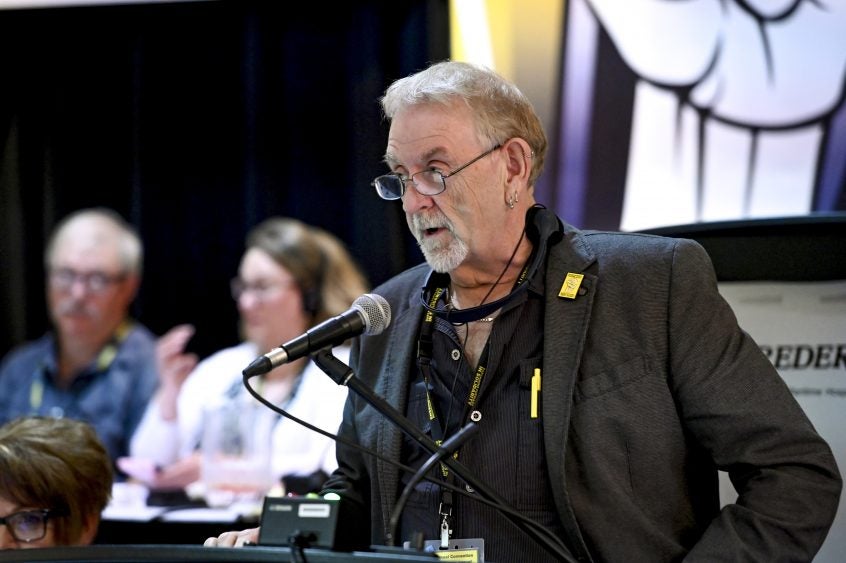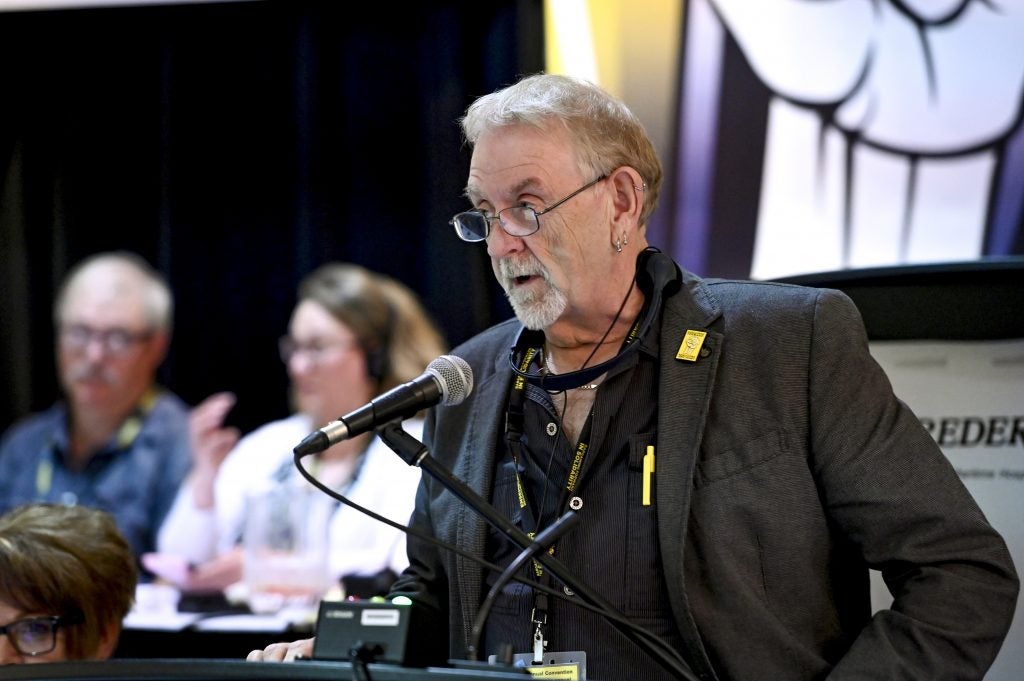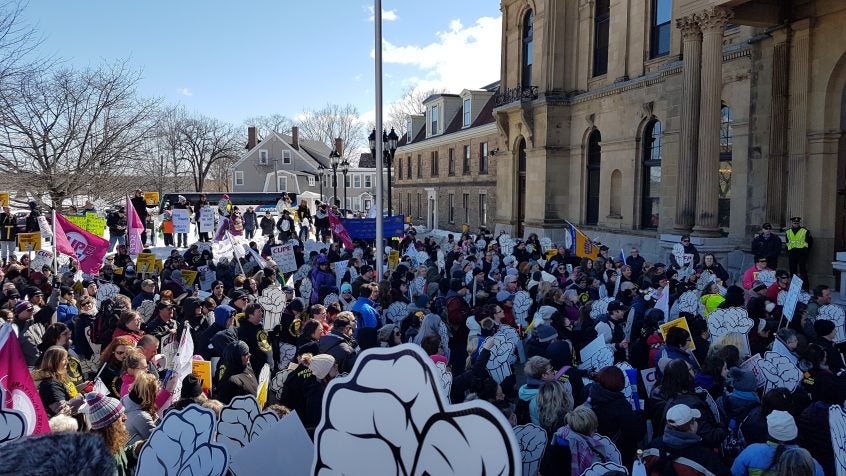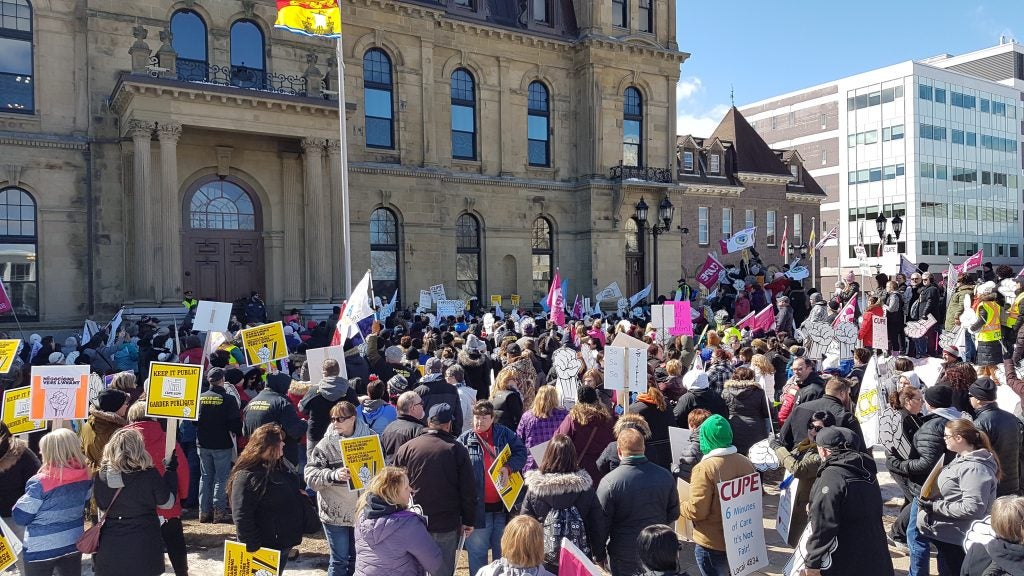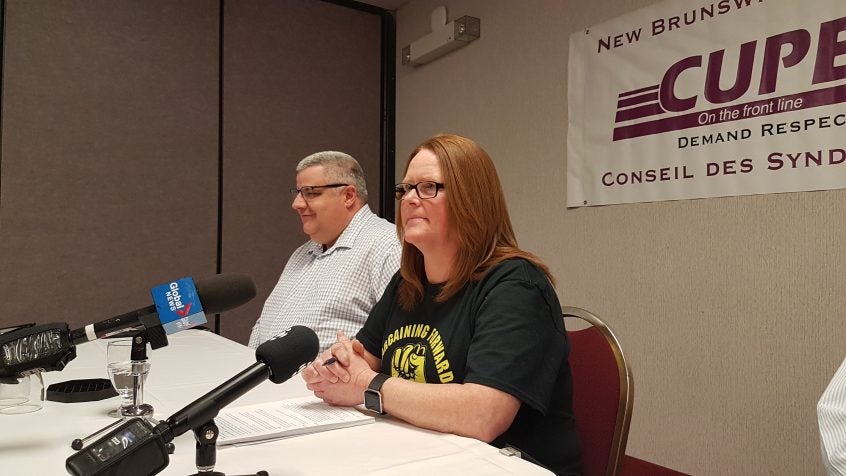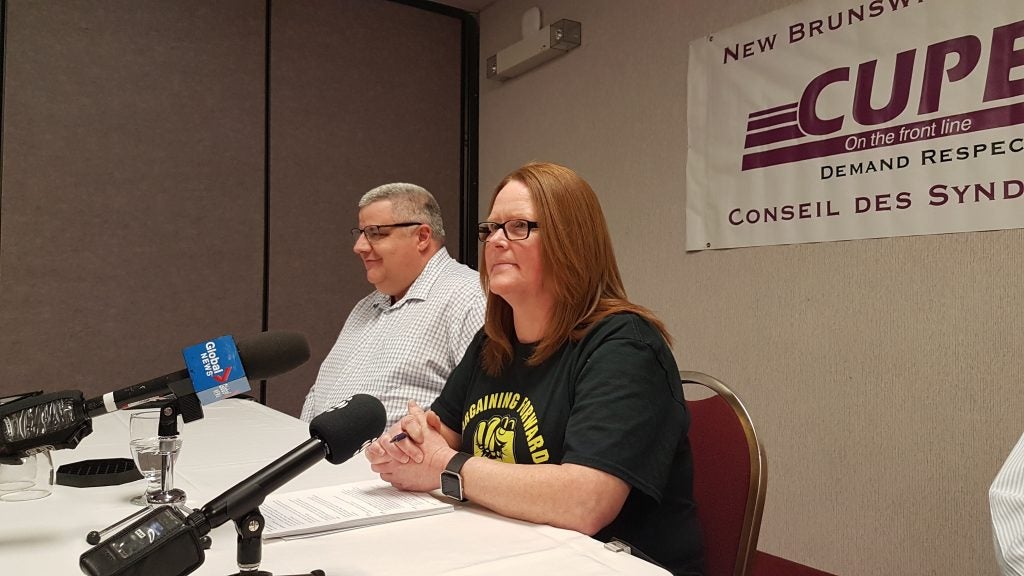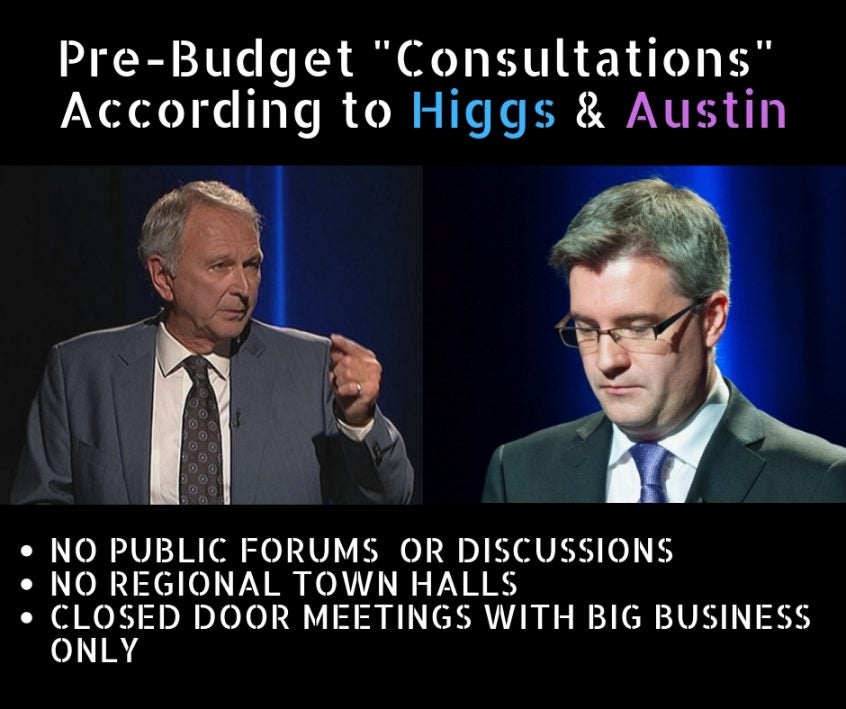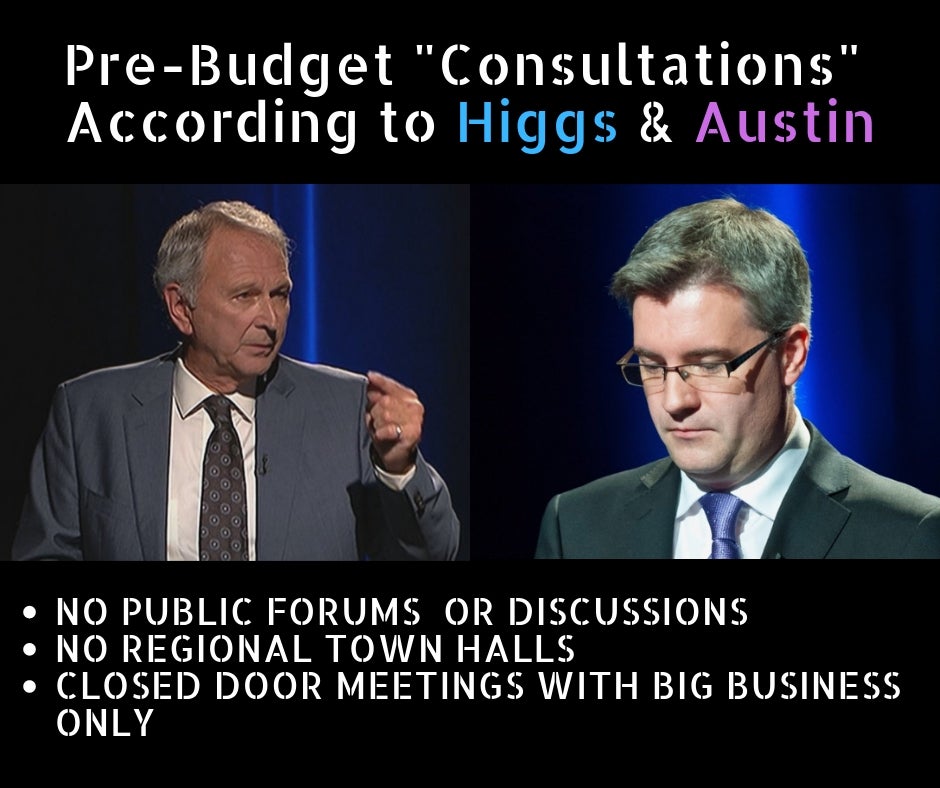Murray Corner – Local community leaders and unionized park workers are rallying together to denounce the upcoming privatization of Murray Beach Provincial Park.
Robert Gauvin, Minister of Tourism, Heritage and Culture, has already quietly begun the process to turn the operation of Murray Beach Provincial Park over to the private sector in 2020.
“After the closures of visitor information centres in Cape Jourimain and Aulac, selling off Murray Beach Park is the worst idea the Minister of Tourism could have for South-East New Brunswick. Gauvin is saying to vacationers: “Drive off to PEI or Nova Scotia, nothing to see here,” said Wiggins.
CUPE Local 1190 is calling on the government to change its decision to privatize the Park and save the much-needed Park jobs.
“The Minister must back off from selling this provincial jewel, which needs investments and proper promotion, not privatization,” said Brent Wiggins, President of CUPE Local 1190, representing park workers.
CUPE Local 1190 is also wondering why the community and the workers were not even consulted on this important decision.
“Employment in the area is already hurting. Government needs to realize the park is a great public asset for tourism and our local economy. Instead of looking to make a fast buck, Gauvin should see long term, keep the Park and put it front and centre of a regional revitalization plan,” added Wiggins.
CUPE Local 1190 represents over 1,700 general labour and trades workers throughout New Brunswick, in over 8 Departments, including Provincial Parks.




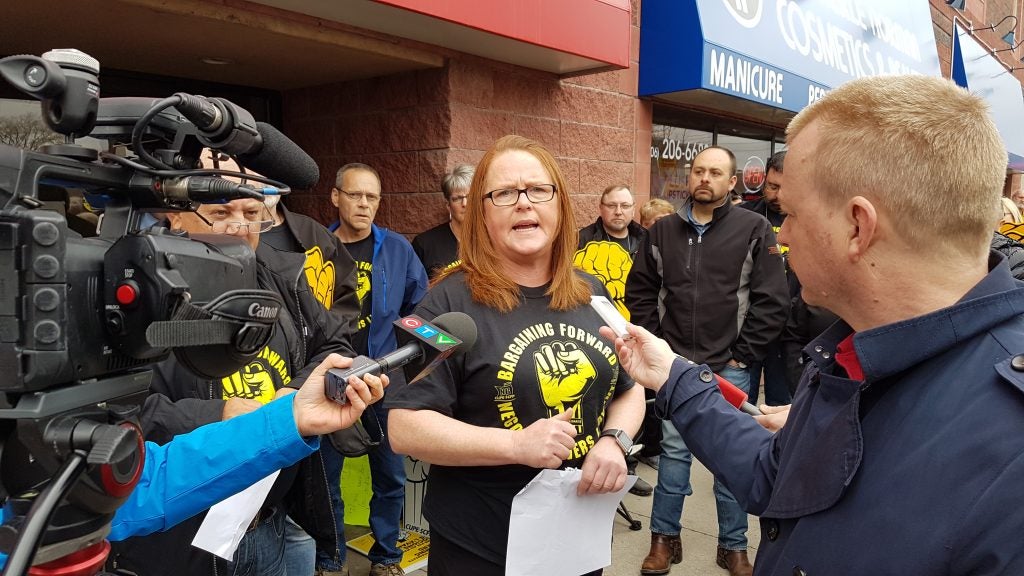


 Fredericton, May 1st – As many celebrate May 1st, International Workers Day, the NB Council of Nursing Home Workers’ bargaining team held a sit-in in the Fredericton Office of Social Development Minister Dorothy Shephard.
Fredericton, May 1st – As many celebrate May 1st, International Workers Day, the NB Council of Nursing Home Workers’ bargaining team held a sit-in in the Fredericton Office of Social Development Minister Dorothy Shephard.